
The Design Computation and Digital Engineering (DeCoDE) Lab at MIT Mechanical Engineering advances the science of AI-driven design. We envision a future where humans and AI design together to tackle the world’s most pressing challenges. To realize this vision, we develop fundamental machine learning and optimization methods that enhance the design of complex systems and support human teams in creating better products. Our goal is to build versatile approaches that apply across scales, levels of complexity, wickedness, and disciplines. We frame design problems as generalizable machine learning and optimization tasks, enabling new ways to explore, evaluate, and generate solutions. By harnessing advanced AI, we are reimagining the product design process—accelerating innovation and shaping the next generation of engineering design.
At DeCoDE Lab, our core values - Integrity, Inclusivity, Collaboration, and Excellence - guide us to conduct research with honesty and transparency, foster a diverse and welcoming environment, recognize the power of teamwork, and continually strive for the highest quality in all our endeavors. We are also advocates for reproducible and open-source science, and we contribute by sharing most of our research code and papers online.
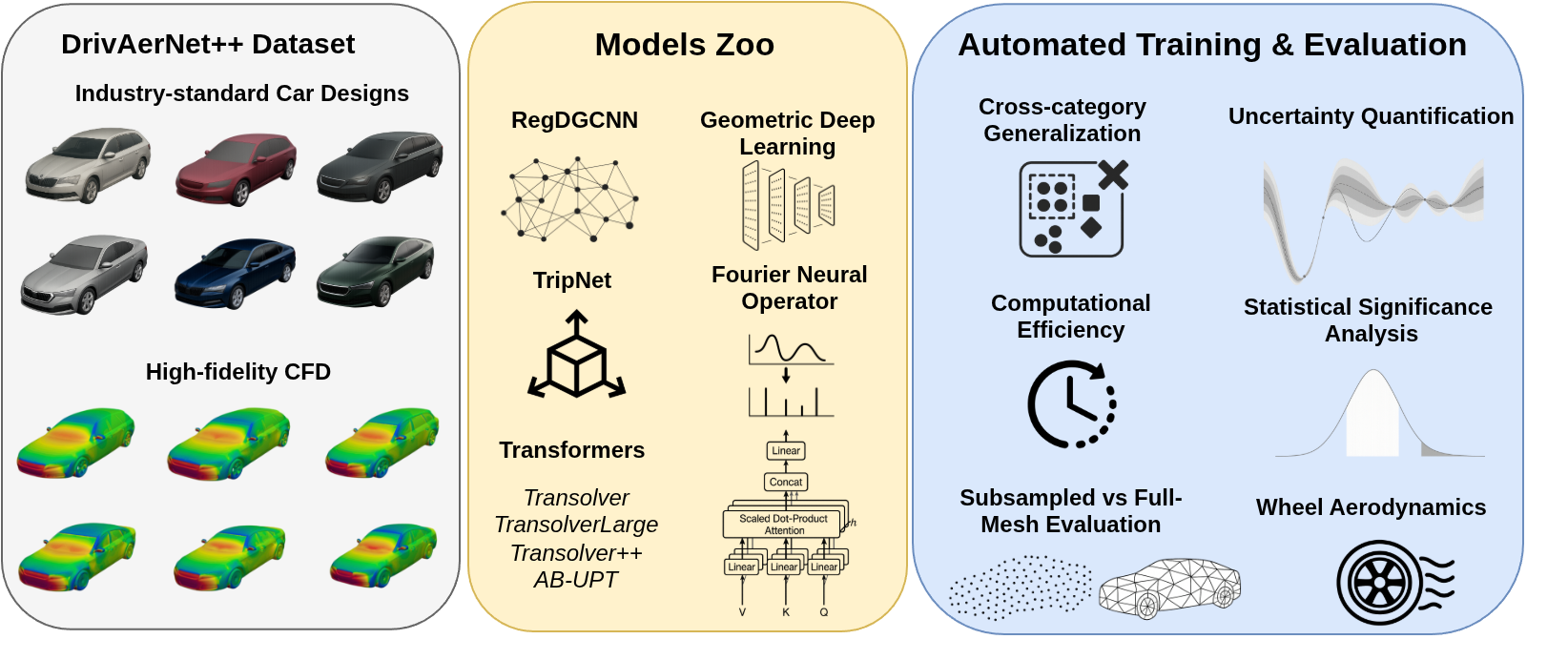
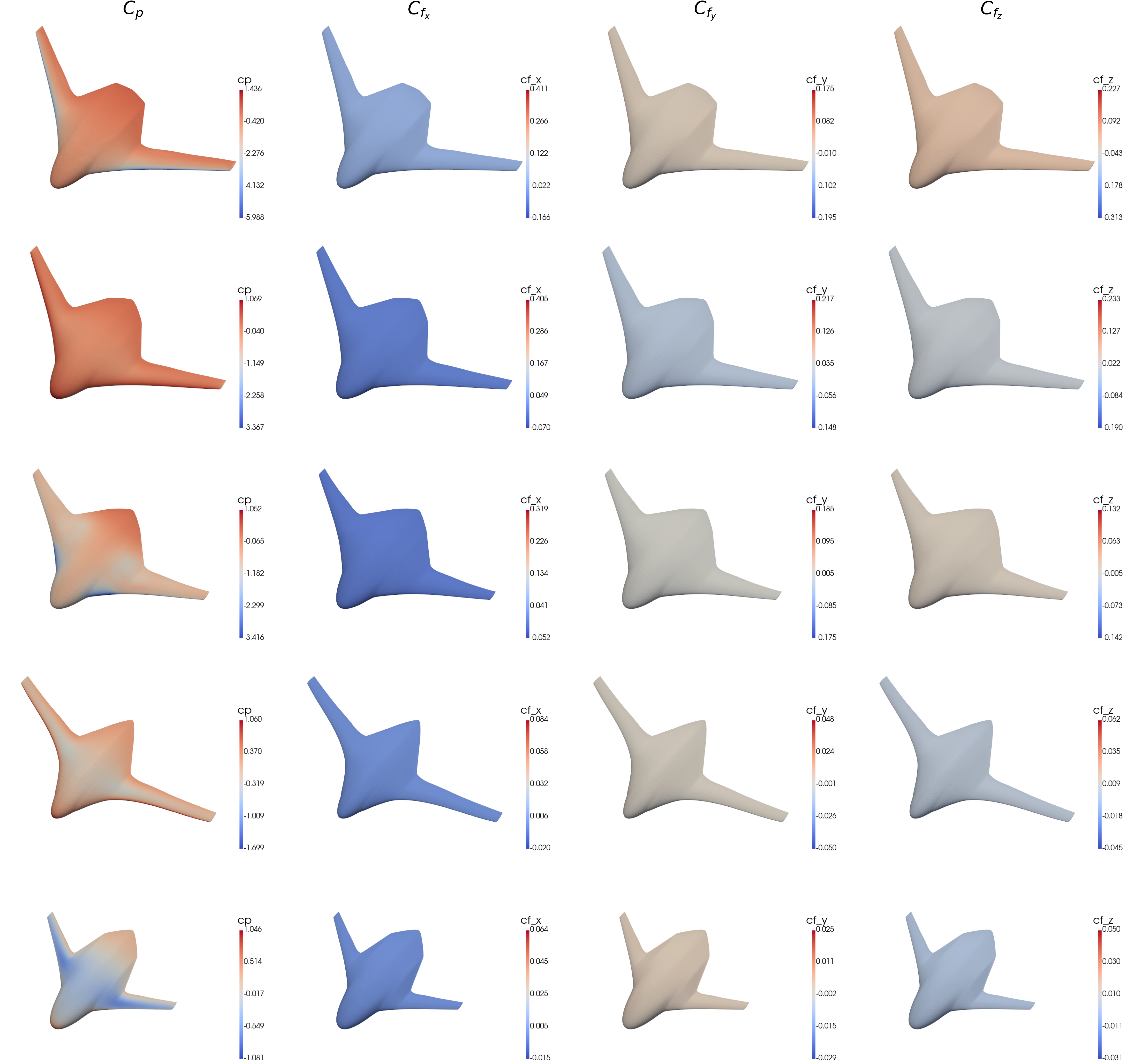
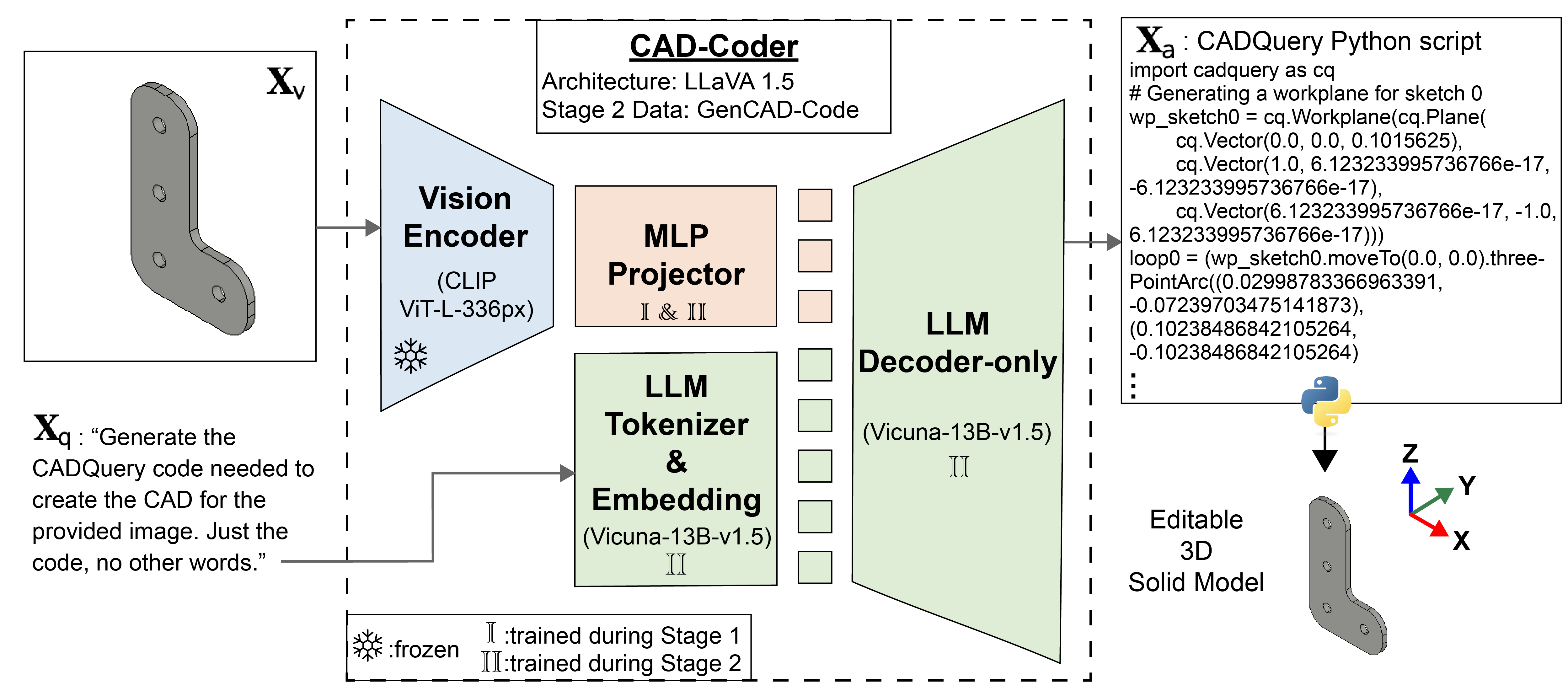
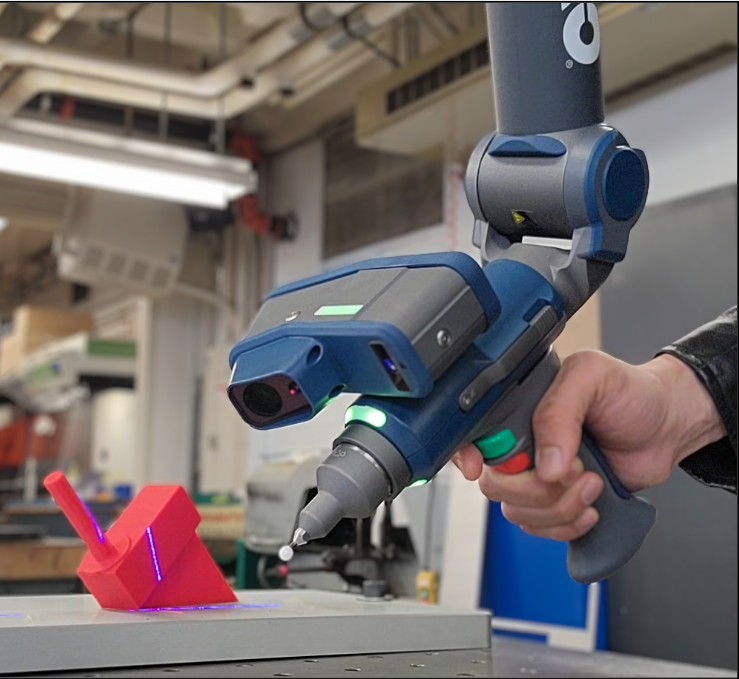
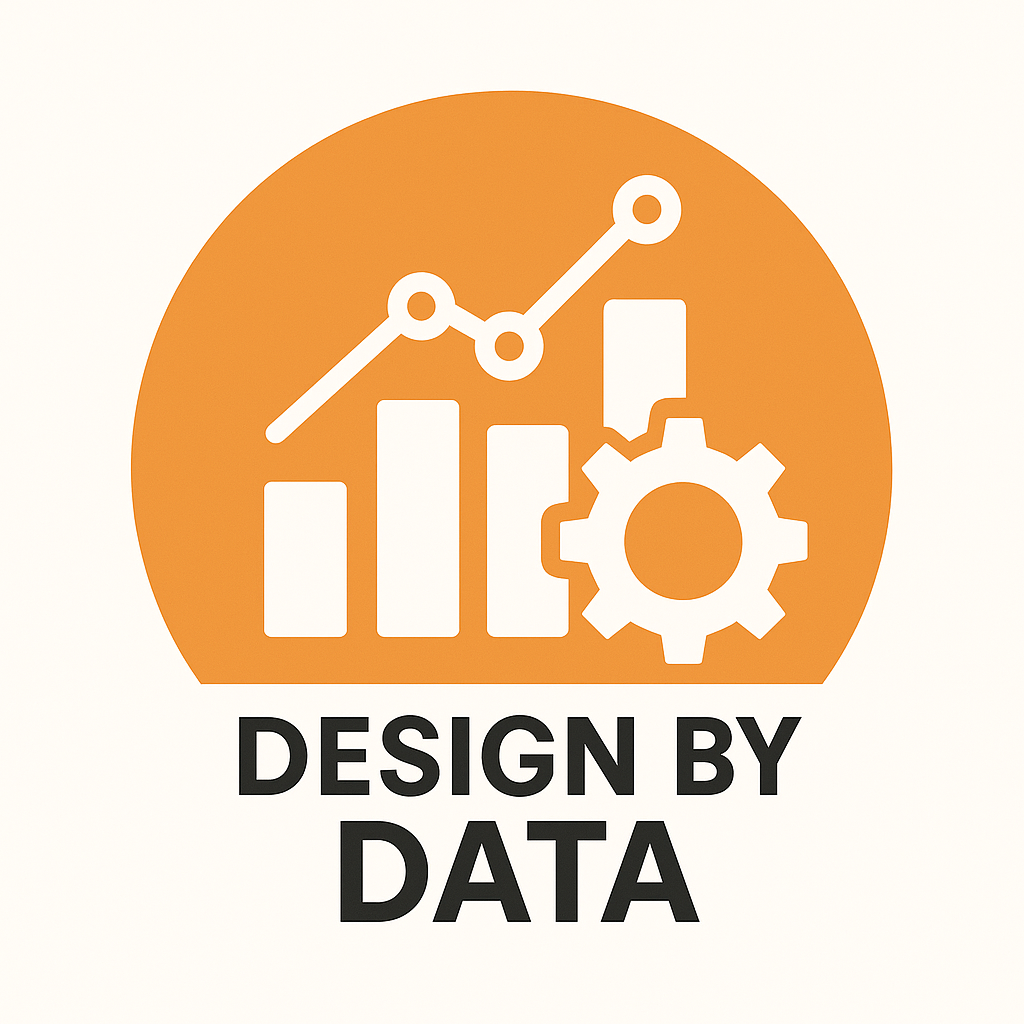
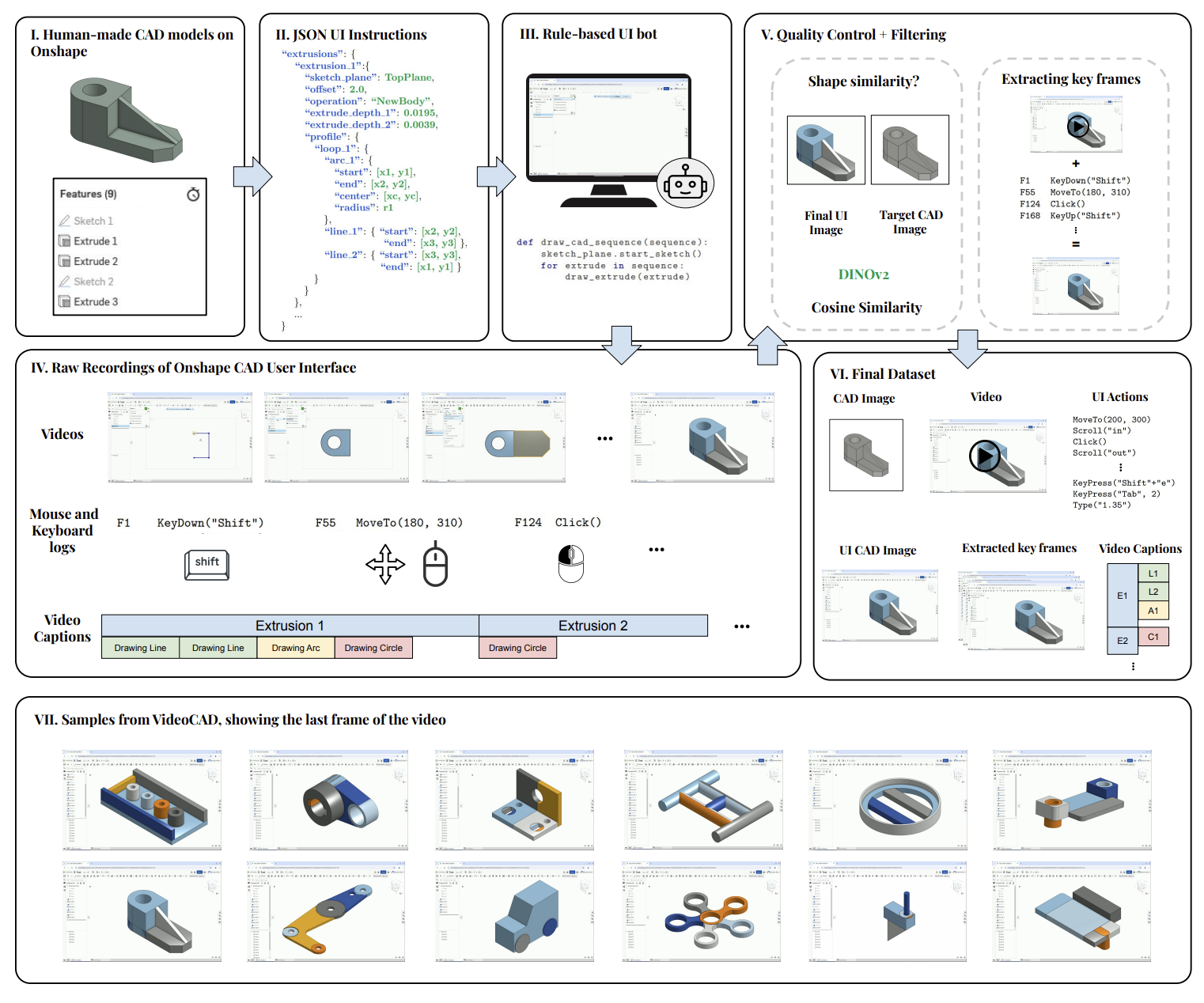

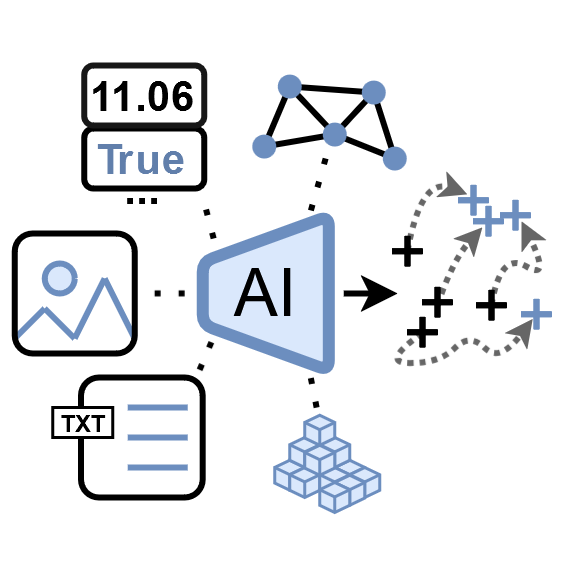
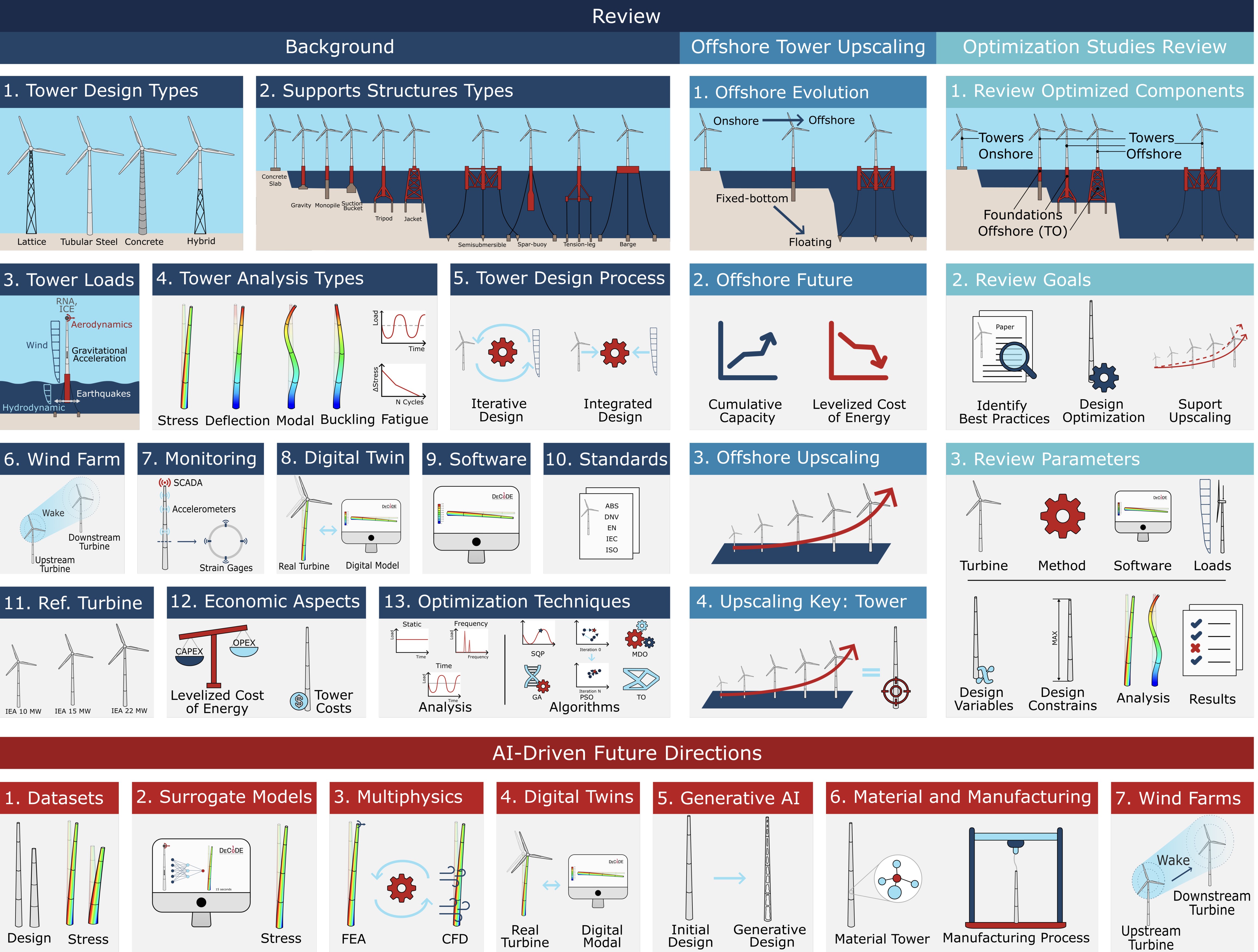
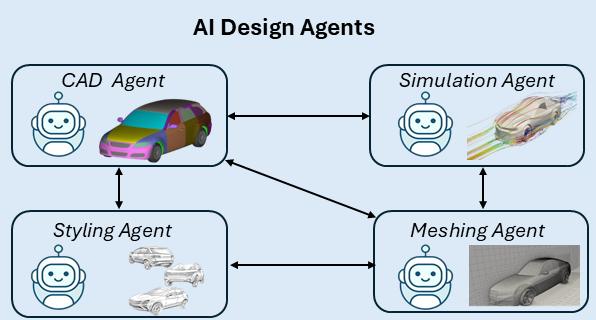
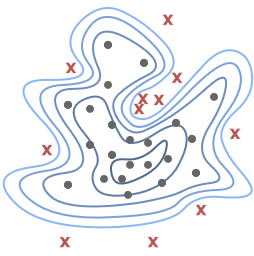
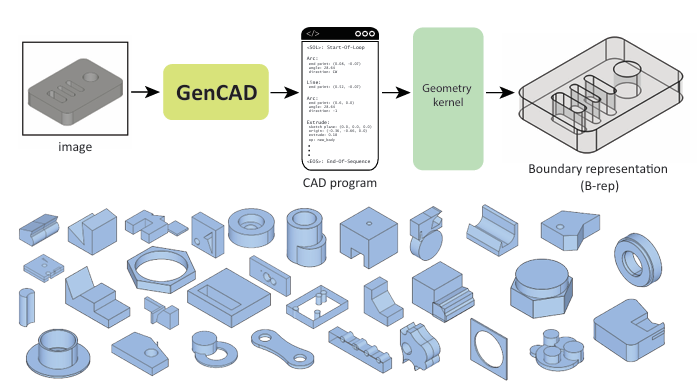



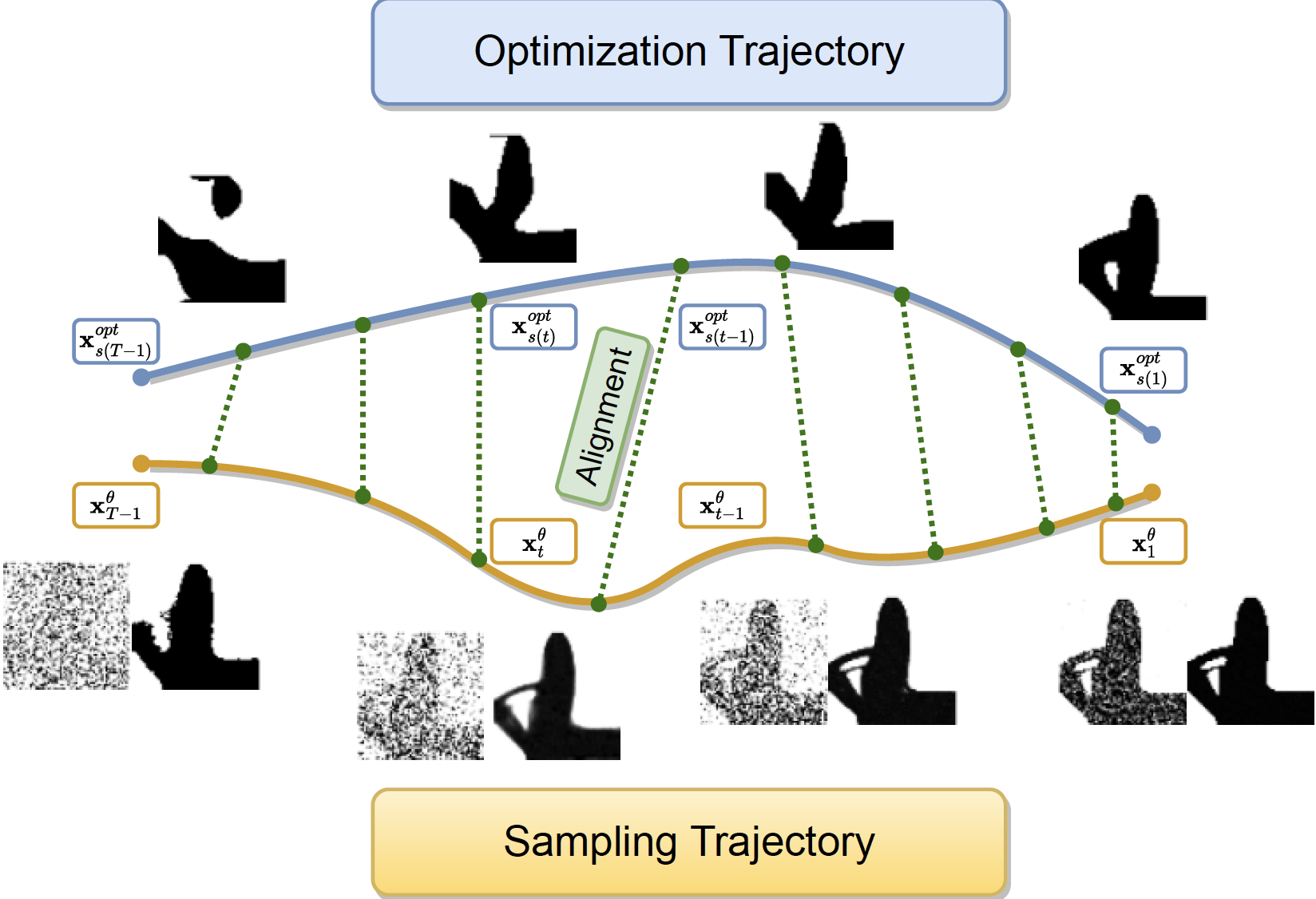
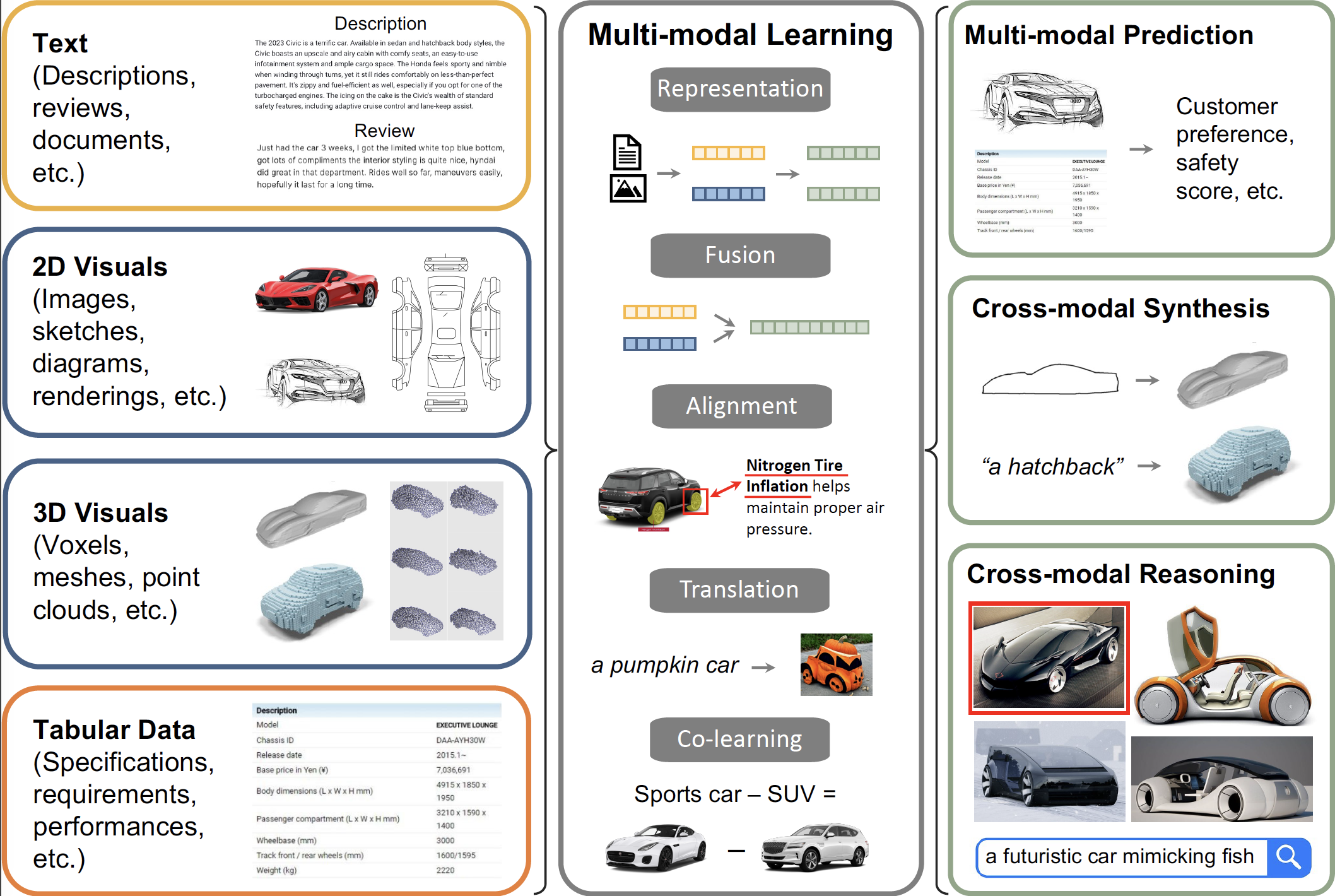
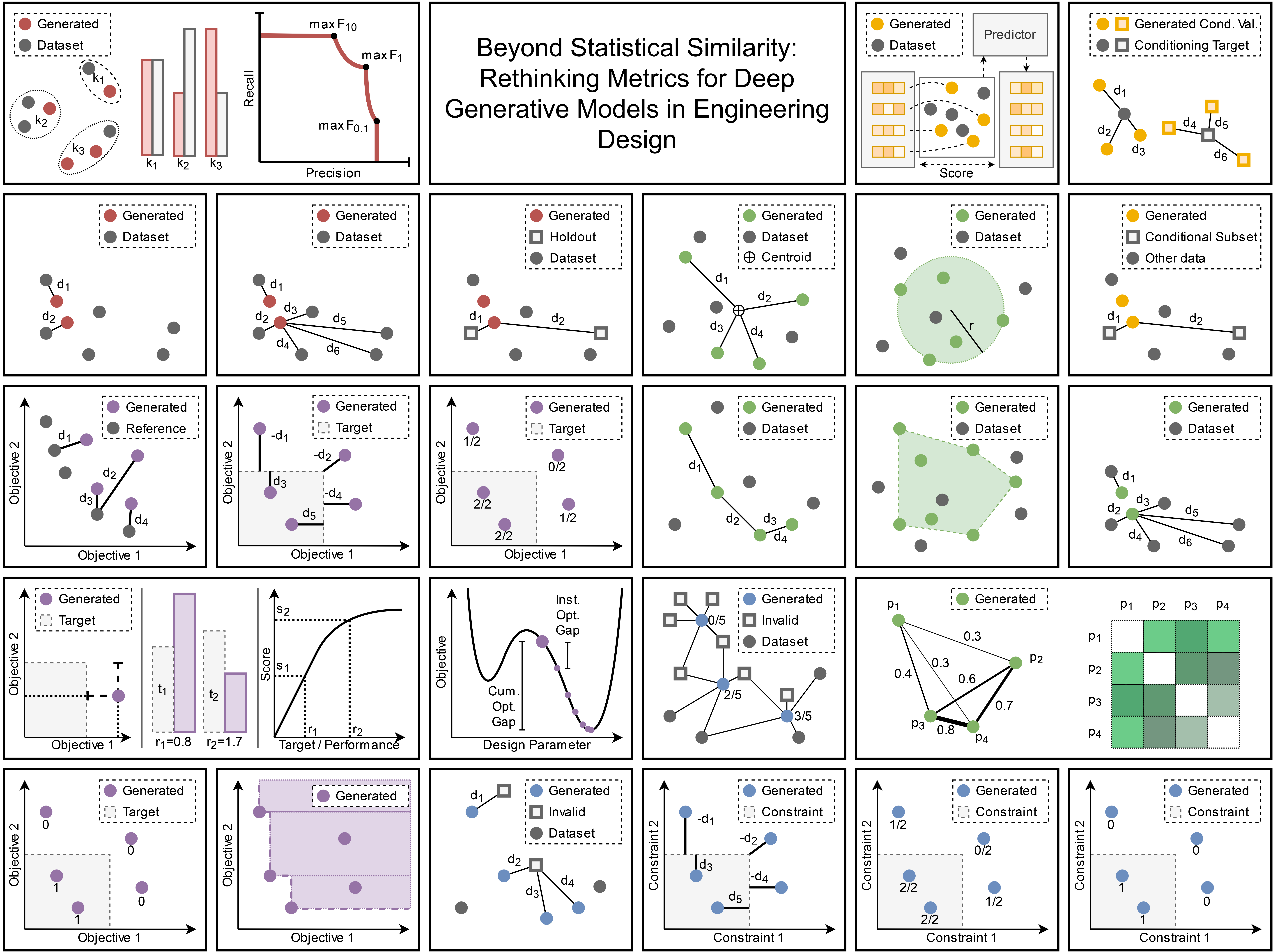

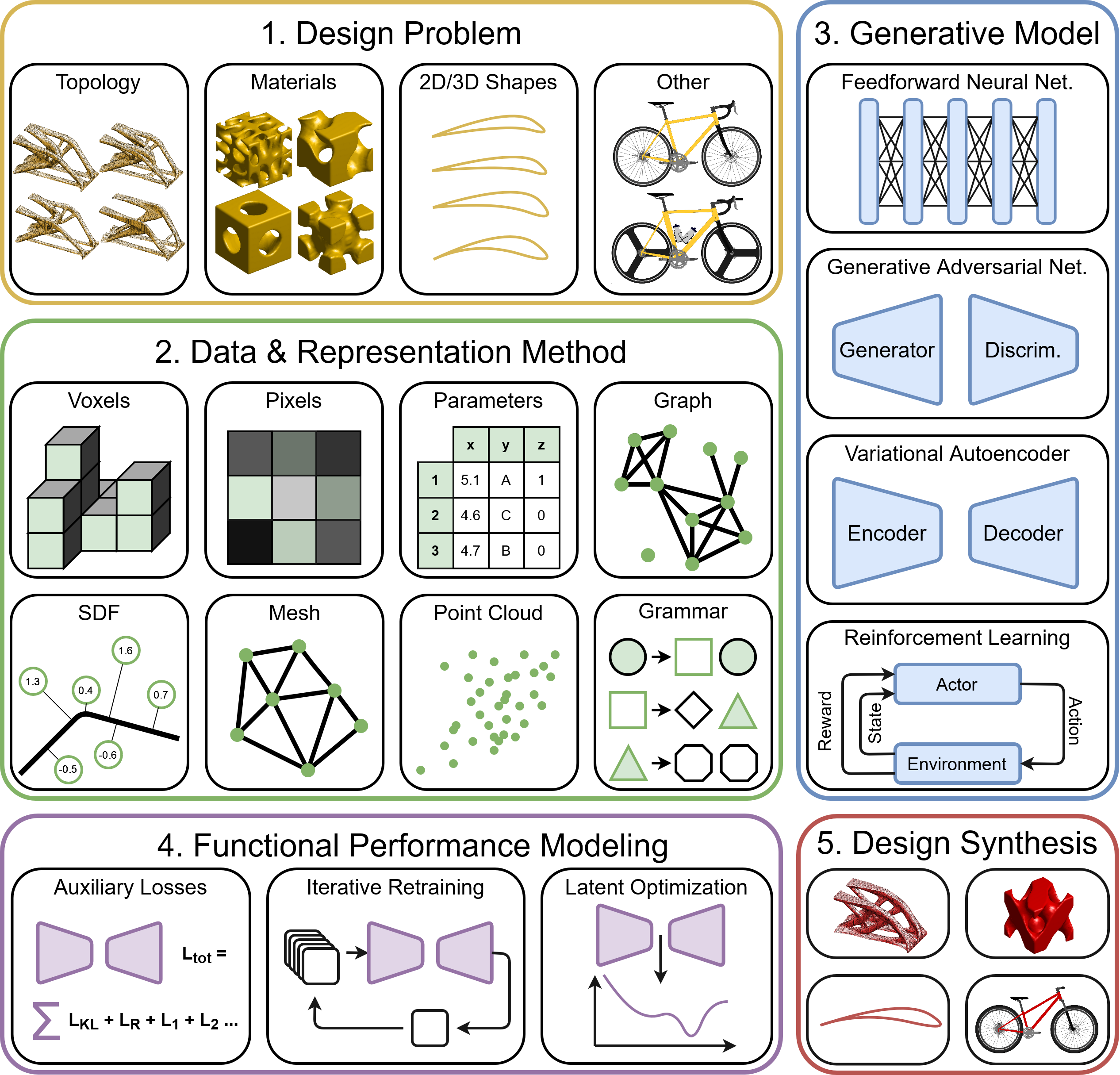
Prospective Ph.D. students - If you are interested in joining the DeCoDE lab, you can apply to the Computational Science and Engineering Program or to the Mechanical Engineering department at MIT.
If you are interested in joining the DeCoDE lab, drop me an email with the following text in your subject line "Join DeCoDE:" followed by the position you are interested in (for example, a postdoc, intern, visiting student, etc.).
Blendednet - A large-scale aerodynamic dataset of 999 blended wing body geometries. Each geometry is simulated across about nine flight conditions, yielding 8830 converged RANS cases with the Spalart-Allmaras model and 9 to 14 million cells per case.
DrivAerNet++ - A large-scale multimodal dataset of 8000 detailed 3D car meshes and aerodynamic performance data comprising of full 3D pressure, velocity fields, and wall-shear stresses, point clouds and parts annotation.
DrivAerNet dataset - A dataset of 4000 detailed 3D car meshes and aerodynamic performance data comprising of full 3D pressure, velocity fields, and wall-shear stresses.
VLM dataset - A dataset of 1000+ tasks to evaluate vision language models.
Car Drag Coefficient - A dataset of 4,948 3D car meshes, their renderings, and their drag coefficients.
LINKS dataset - A dataset of 100 million planar linkage mechanisms and 1.1 billion coupler curves obtained from kinematic simulations. The dataset also contains curated curves, 100 million negative samples, and a publicly available simulation software.
Turbo-compressors dataset - A dataset of 22 million turbo-compressors and their performance under different operating conditions.
Airfoil dataset - A synthetic dataset of 48,503 airfoils and their aerodynamic performance computed using OpenFOAM.
Topodiff topology optimization dataset - A dataset of 33,000 images corresponding to optimal topologies for diverse boundary conditions. The dataset also contains their physical fields, compliance values, and an additional 42000 non-optimal topologies.
SHIP-D dataset - A dataset of 30,000 ship hulls each with design and functional performance information, including parameterization, mesh, point-cloud, and image representations, as well as 32 hydrodynamic drag measures under different operating conditions.
3D cars dataset - A diverse dataset of 9,070 high-quality 3D car meshes labeled by drag coefficients computed from computational fluid dynamics simulations.
BIKED dataset - A dataset of 4,500 community-designed bicycles in tabular and image format, along with images corresponding to different bike parts for each bicycle.
BIKED++ dataset - A dataset of 1.4 million bicycles represented in tabular and image format, along with CLIP embeddings of all designs.
FRAMED dataset - A dataset of 4,500 bicycle frames and ten performance metrics obtained from structural simulations.
Aircraft dataset - A dataset of lift and drag performance values of 4,045 3D aircraft models from Shapenet.
Milk Frother dataset - A multimodal dataset of 1,126 milk frother sketches and their text descriptions. The dataset is derived from a milk frother dataset collected at the Brite lab.
Autosurf aircraft dataset A dataset of 1,050 airplane models with segmentation labels, created using NASA's Open Vehicle Sketch Pad (OpenVSP).
Other engineering datasets A collection of datasets from the engineering design community, curated for our JMD review paper. Note that this list was made in 2022 and is not regularly updated.
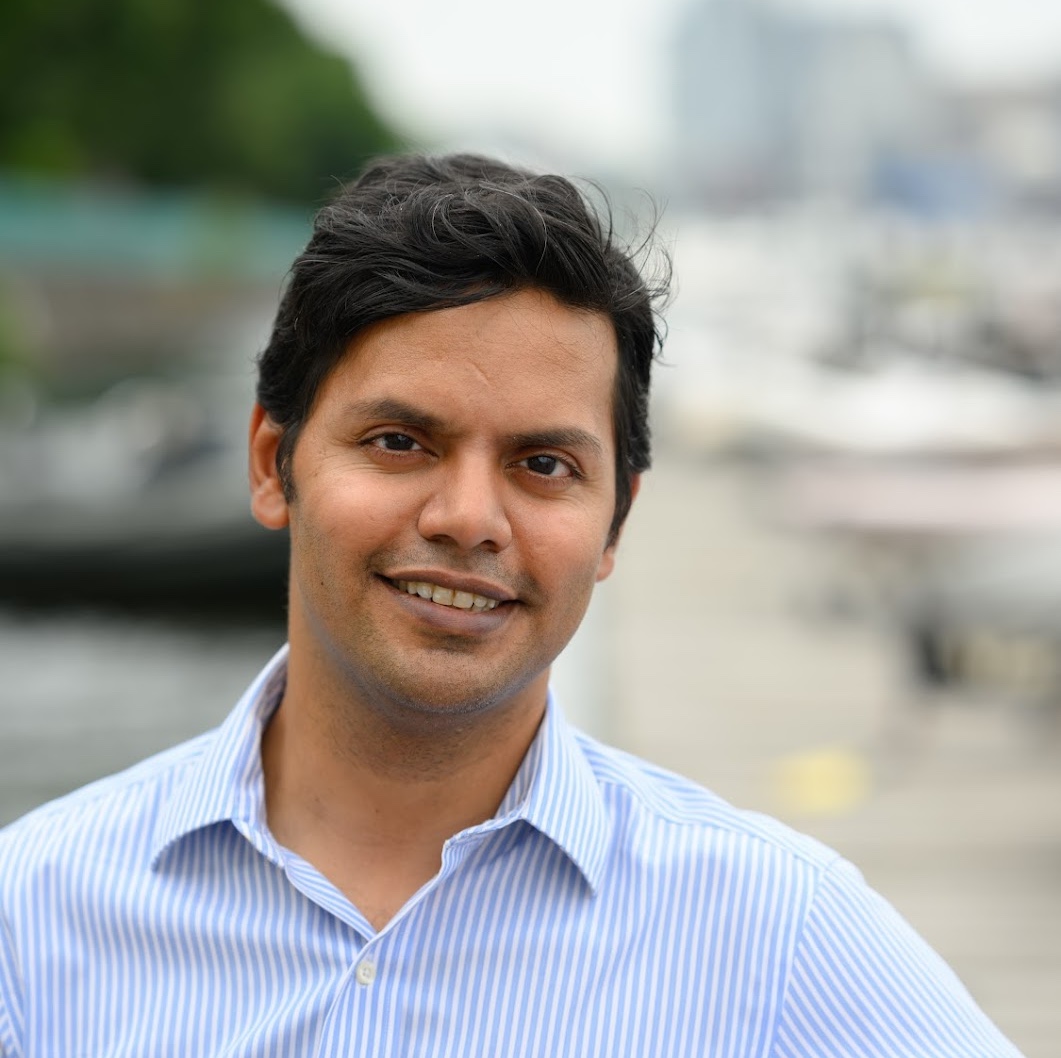
Faez Ahmed
Associate Professor Department of Mechanical Engineering Massachusetts Institute of Technology Email: faez at mit dot edu Prof. Faez Ahmed is an Associate Professor in the Department of Mechanical Engineering at MIT, where he directs the Design Computation and Digital Engineering Lab. His research interests lie at the intersection of Artificial Intelligence and engineering design, focusing particularly on first‑principle generative AI and optimization algorithms, multi‑modal representation learning, and engineering design methodology with human–AI design co‑pilots. Before joining MIT, Prof. Ahmed was a postdoctoral fellow at Northwestern University and earned his Ph.D. in Mechanical Engineering from the University of Maryland. He also spent several years in Australia’s railway and mining sector, leading data‑driven predictive‑maintenance initiatives. Prof. Ahmed has received the NSF CAREER Award, the ASME DAC Young Investigator Award, the ASME DTM Young Investigator Award, the Google Research Scholar Award, and the Keenan Award for Innovation in Undergraduate Education. At MIT, he has held the Doherty, d’Arbeloff, and ABS Career Development Chairs. He currently serves as an Associate Editor for Computer‑Aided Design and as the Featured Articles Editor for the ASME Journal of Mechanical Design.Fun fact: According to the Mathematics Genealogy Project, our academic ancestors include: Poisson, Laplace, Lagrange, Euler, Bernoulli, Leibniz, Copernicus, Nasir al-Din al-Tusi, and many more. Check out our academic family tree.